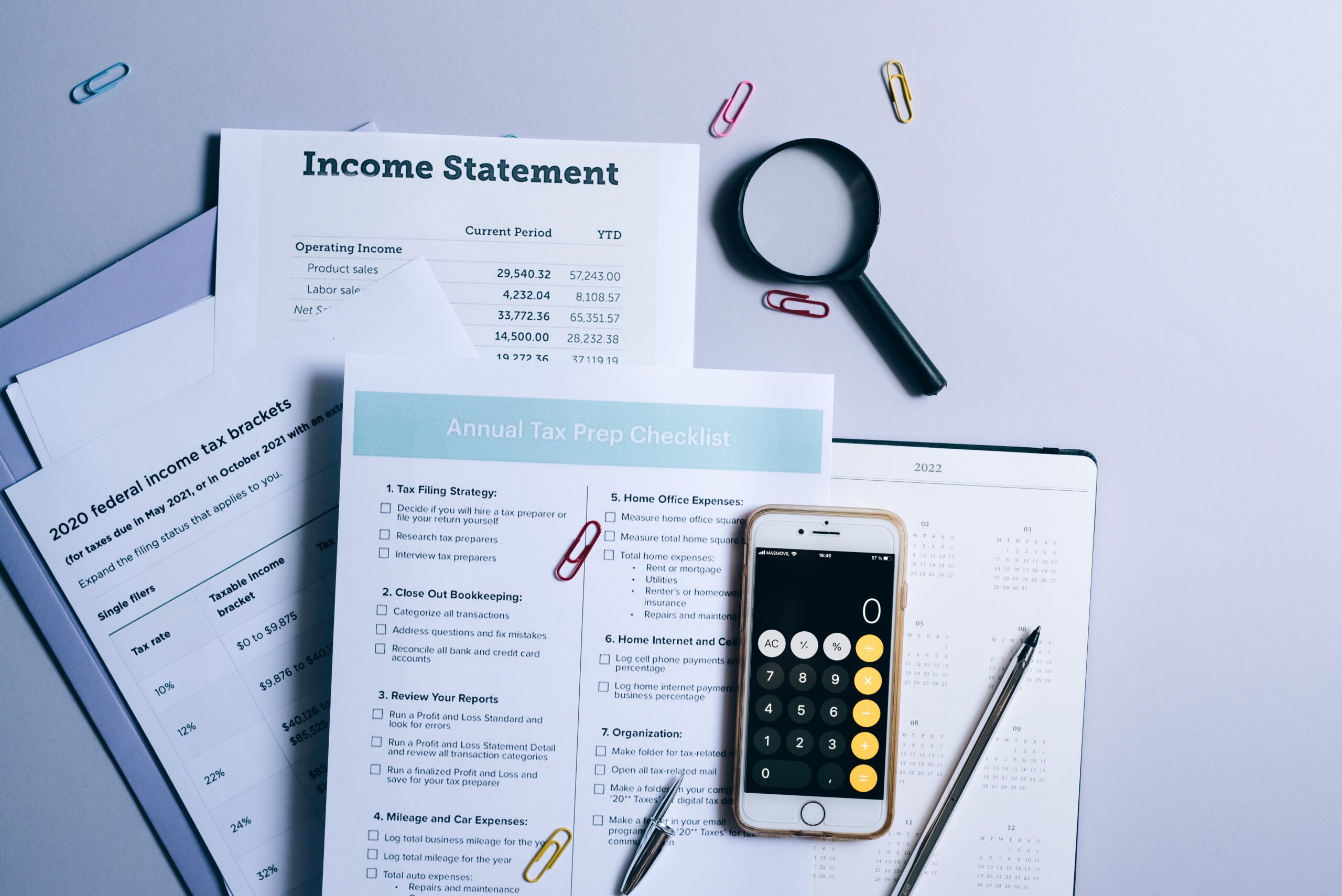6 Common Tax Return Errors for Self-Employed Small Business Owners & Gig Workers

Being your own boss has advantages, but often us business owners wear a lot of hats. Even if we don’t do it ourselves, we need to know enough to make sure the people we hire are handling their tasks properly. There is a whole lot to know about taxes, and for the beginning business owner or gig worker, the learning curve can be steep.
Here are 6 common problem areas that are best avoided:
1) Not having enough focus to get it right
Taxes aren’t just something to knock out and check off of your list. If you’re going to do them yourself, make sure you are doing them right. This means more than answering questions in tax software.
IRS.gov is loaded with resources to get your taxes right. Make sure you reference instructions and publications that apply to your tax situation. IRS.gov has a small business tax center which is helpful in directing taxpayers to specific tax topics.
If you have or will have a tax professional, make sure you communicate frequently, so you understand what you need to do to get the taxes right. Getting it right isn’t all on the tax professional. The information you provide is important. If you want regular advice and planning, you may need a tax professional who is available all year.
2) Underpaying estimated taxes
Methods to determine and/or cover your estimated taxes include using the IRS withholding calculator, using the IRS estimated tax worksheets, or using tax software.
If you find it more difficult than you would like to handle yourself, a tax professional can be helpful. Bookkeeping software may help with estimating taxes also.
3) Not depositing payroll taxes
It can be tempting when money is tight to delay this. Don’t.
The penalties for not depositing required payroll taxes and for filing them late are high. And once you get behind, it’s often difficult to catch up. If you have employees, the IRS Employer’s Tax Guide is a good reference to help you understand your responsibilities.
4) Filing late
Avoid filing late and particularly avoid paying the taxes you owe late.
You should have a profit goal, and paying penalties and interest will reduce your profit.
If you can’t make the filing deadline, request an extension. However, realize that an extension can avoid the failure-to-file penalty, but not the failure-to-pay penalty. You are still expected to have paid the taxes within the normal guidelines.
Even if you can’t pay the taxes owed, you should either file the return on time or do the extension, since the failure-to-file-penalty is higher than the failure-to-pay penalty.
The IRS offers payment programs, and usually, it’s relatively easy to get one approved, because the IRS wants to collect, and they don’t want to make it harder on themselves than it has to be.
5) Not separating personal and business expenses
This is a common problem area for small businesses and gig work filed on individual tax returns. If you can’t get business credit cards and bank accounts, it’s usually acceptable (and legal) to have separate personal accounts that you use just for business or gig activity.
If you have ever had a mystery payment on your credit card that you tried to figure out what it was a couple of months later, then you have an idea of why this is important.
Keeping the expenses separate helps ensure you claim all of your valid expenses and your tax returns are correct. There’s also an added benefit that if you are audited, you’ll be better positioned to pass an audit.
6) Errors in vehicle-related deductions
This topic can have much more detail than you might expect. I’ll just touch on it here. Usually, you can deduct expenses using either the standard mileage method or actual expenses. Not both.
There is an exception for tolls and parking. You can use the standard mileage method and still deduct toll and parking expenses.
There are criteria that can prevent you from using the standard mileage method. You can find those criteria here, as well as more detailed information on deducting vehicle expenses.
Make sure mileage is tracked accurately whether or not you use the standard mileage method. You can do this with a manual log, and the IRS has an example log in Pub 463.
There are many apps available to help track mileage.
Really the toughest part in getting taxes right and avoiding errors is knowing what you don’t know. The tax software companies do their best to help you with the questions they ask, tools for tax assistance, and often tax experts. However, the more you know, the lower the likelihood of mistakes.
The IRS small business tax center was already mentioned above, and another great resource is the IRS gig economy tax center. Make sure you know more than the answers to tax software questions.